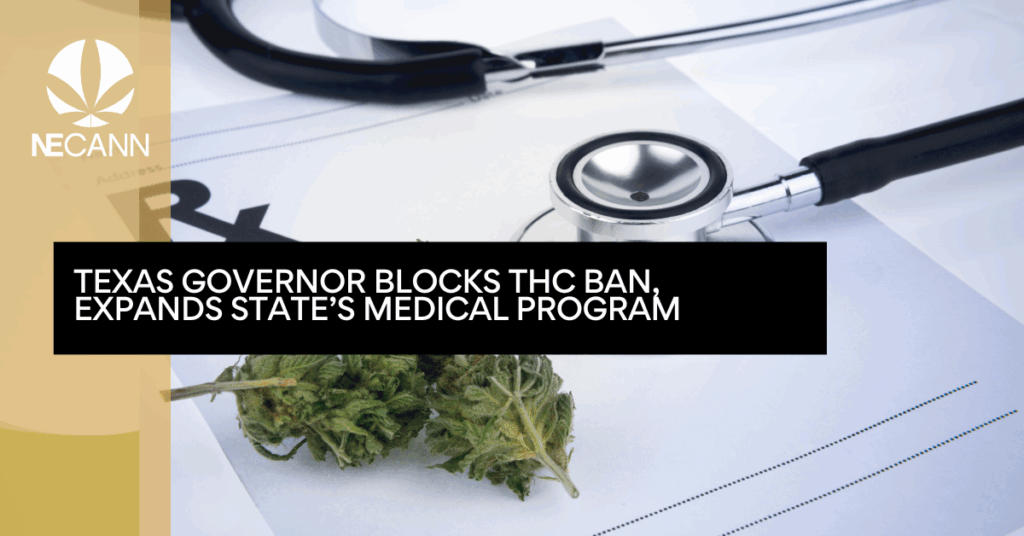Texas Gov. Greg Abbott (R) has vetoed a controversial proposal that would have banned all hemp-derived THC products in the state, effectively preserving Texas’s thriving hemp industry. The veto, delivered just ahead of the deadline, ends a monthslong push led by Lt. Gov. Dan Patrick (R) to crack down on intoxicating hemp products.
Senate Bill 3, championed by Patrick and supported by 105 out of 108 Republican lawmakers in the Legislature, aimed to outlaw products containing any amount of THC—even those derived from federally legal industrial hemp. Had it passed, the bill would have dismantled a major segment of Texas’s hemp market and shuttered thousands of small businesses.
But pressure from hemp advocates, industry leaders, and veterans groups mounted in recent weeks. Organizers delivered over 180,000 petition signatures and more than 5,000 handwritten letters to the governor’s office urging a veto. Polling also indicated that the bill was unpopular among a majority of Texans, including Republican voters.
Abbott did not issue a formal statement explaining the veto, but Lt. Gov. Patrick responded swiftly and critically, calling the move a betrayal.
“His late-night veto, on an issue supported by law enforcement, educators, and families across Texas, leaves them feeling abandoned,” Patrick said in a social media post.
While vetoing the THC ban, Abbott also signed into law a bill to expand the Texas Compassionate Use Program (TCUP), the state’s limited medical access program. The newly approved legislation adds several qualifying conditions, including traumatic brain injuries, chronic pain, and terminal illnesses requiring hospice care.
Previously, TCUP had limited access to medical products with very low THC content and only for a small subset of patients. The changes now allow for vaporized or aerosolized medical delivery methods—smoking remains prohibited—and raise the number of licensed dispensing organizations from three to fifteen.
Kevin Caldwell, Southeast Legislative Manager at the Marijuana Policy Project, applauded the expansion:
“For too long, the existing Texas Compassionate Use Program has been severely limited, leaving countless Texans without the relief they desperately need. Texans have spoken, and their voices have been heard.”
The move allows qualified retailers to open secure satellite locations for storing and distributing medical products, an important logistical step toward broadening access.
With these two decisions, Gov. Abbott has simultaneously protected the state’s multi-billion-dollar hemp industry and taken steps to modernize and expand medical access for seriously ill Texans.
Industry leaders hailed the moment as a turning point.
“This is more than a policy win—it’s proof that public voice and organized advocacy still matter in Texas,” said Rachel Nelson, a hemp retail operator in Austin. “We’re breathing a sigh of relief and looking forward to serving our communities.”
The dual decisions position Texas at a complex crossroads between conservative leadership and increasing public demand for reform. As other states implement sweeping regulatory frameworks, all eyes will be on how Texas balances access, enforcement, and business innovation moving forward.



